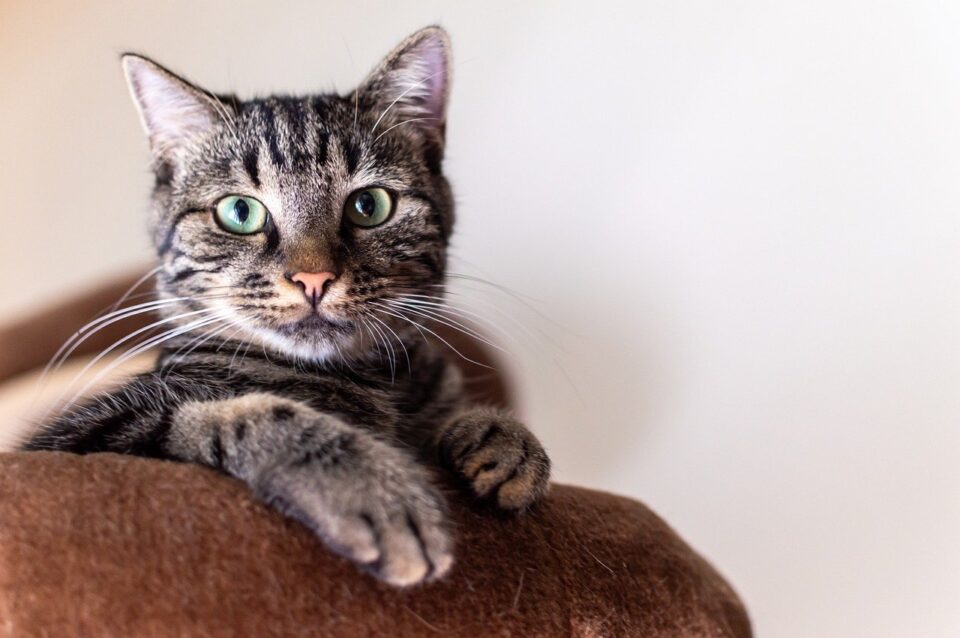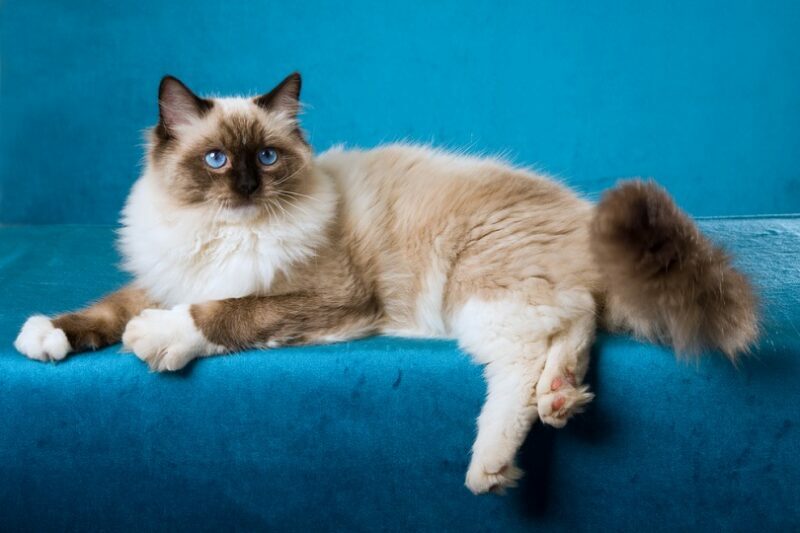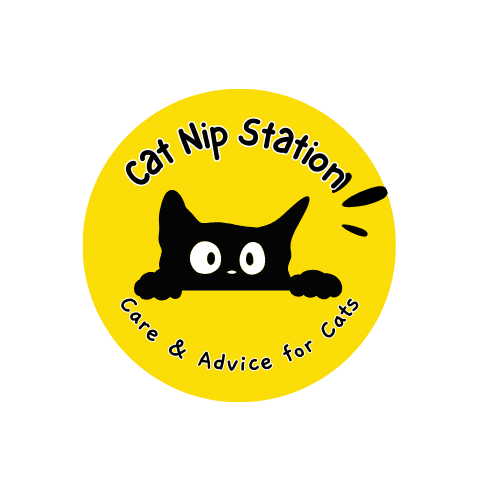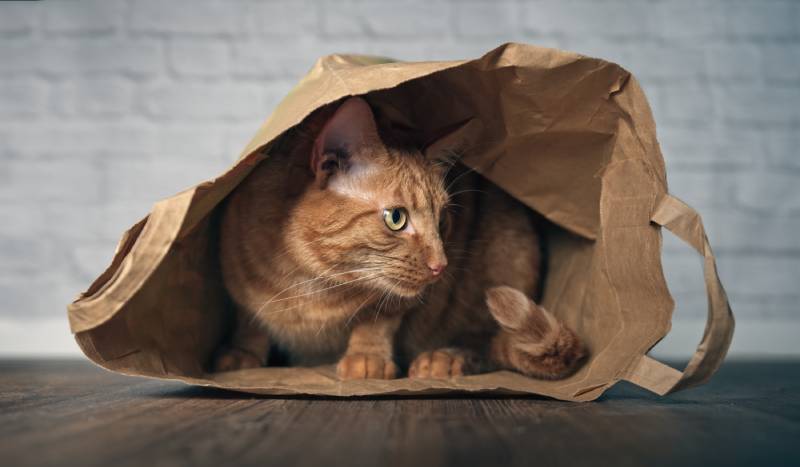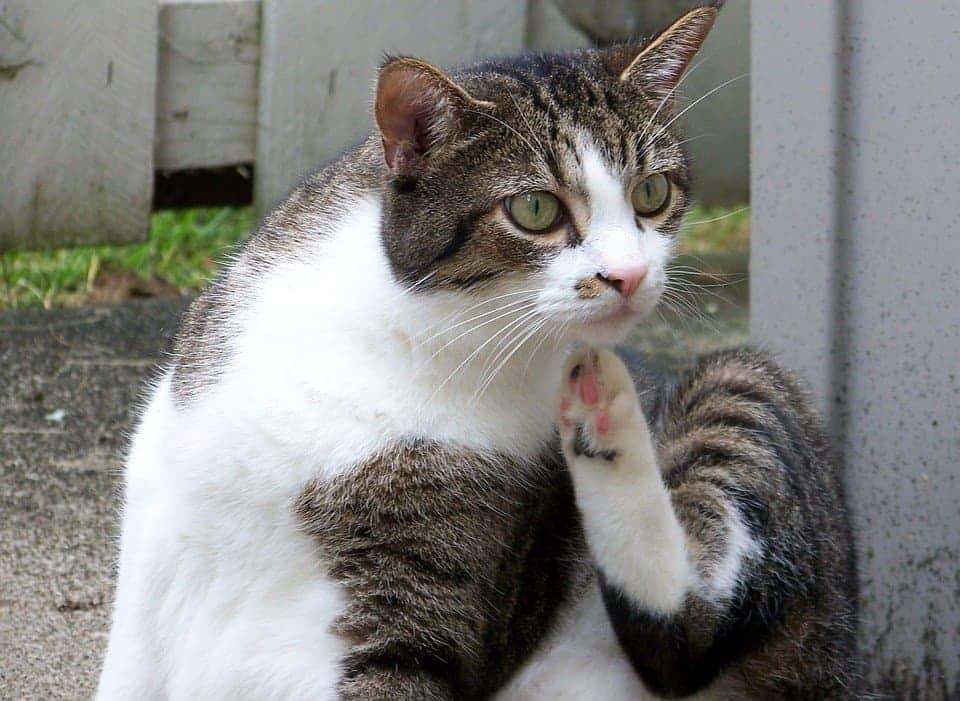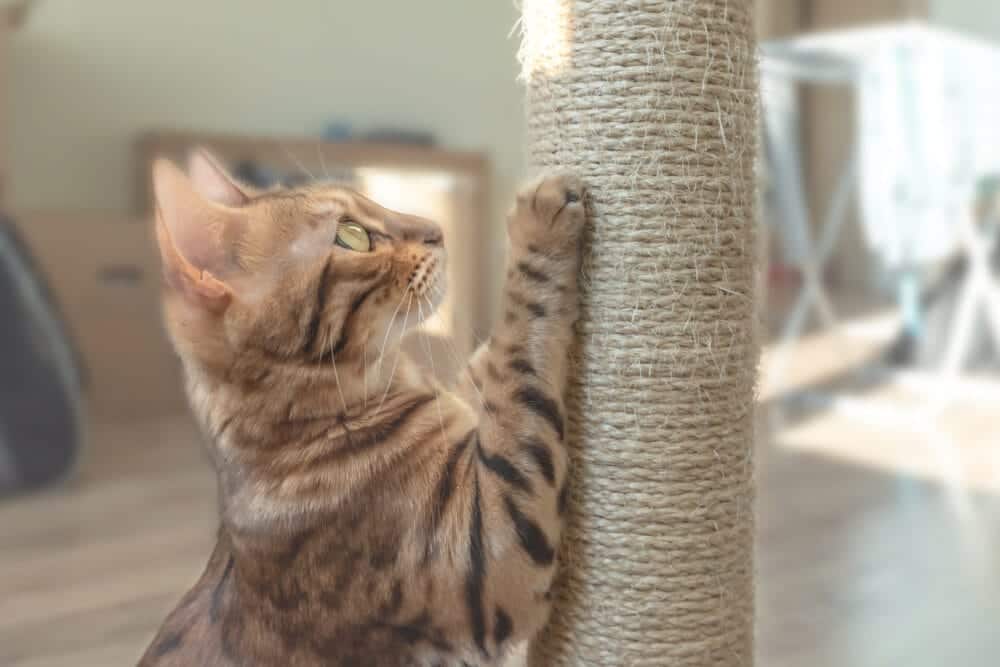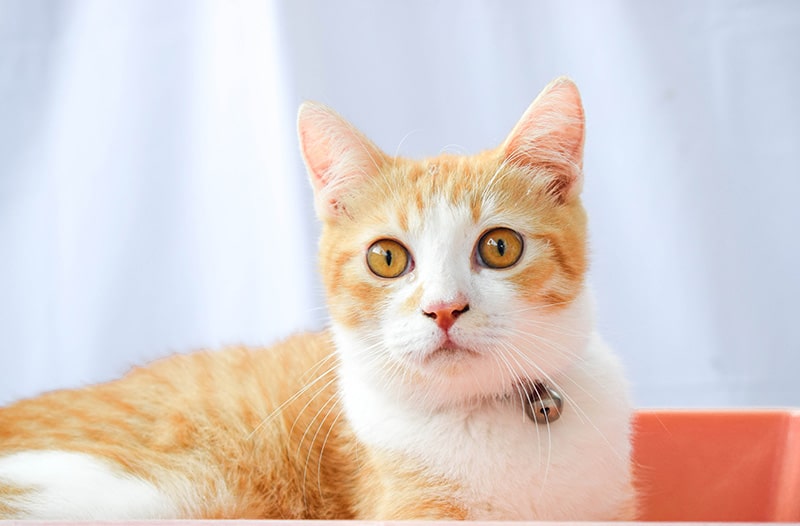Who would have thought that something as simple as an egg yolk could stir up so many questions? For cat owners, this golden delight may seem like a tempting treat for their feline friends. But before you let your cat have a nibble, let’s delve into what exactly makes this food a topic worth discussing.
Egg yolks are where the magic happens in terms of nutrients. Packed with fat, they offer a rich and nutritious snack for cats. However, because of their high-calorie count, it’s best to keep their consumption limited to the occasional treat. A little bit goes a long way in fueling your cat with extra energy.
While egg yolks are safe for cats, it’s crucial to avoid serving them raw unless they’re in-shell pasteurized. This method removes the risk of bacterial contamination. Once cooked, either through soft-boiling or poaching, the nutrients remain intact and ready for kitty consumption.
Overcooking is a no-no when it comes to preserving those vital nutrients. Buying in-shell pasteurized eggs is recommended so your cat gets the most out of what you’re giving them. Scrambled or fried yolks might add flavors we love, but the butter or oil used can be too rich for cats.
Egg yolks are more than just fatty treats—they’re nutritional powerhouses. They contain choline, which plays a crucial role in nerve transmission and helps with cognitive and muscle function. It’s also a key player in liver health and maintaining a functional digestive system. Vitamins D, B6, and B12 add an extra touch of goodness to this already beneficial treat.
On the preparation side, remember that egg yolks are energy-packed. A mere 54 calories per large yolk can quickly add up, accounting for about 27% of the required daily intake for an average 7-pound cat. Experts suggest limiting treats to about 10% of their daily calories, meaning only a quarter of a yolk is ample for a treat. Soft boiled or poached are the best cooking methods, while additives like salt, pepper, or garlic should be avoided to keep things safe.
And what about the whites? They’re a great, low-calorie source of protein for cats. Cooking them gently ensures they remain nutrient-rich and safe for feline friends.
Eggs, yolks or whites, can be a delightful addition to your cat’s diet as long as care is taken to prepare them properly. The key is moderation, ensuring that treats don’t overshadow the nutritional balance of regular cat food.
Egg yolks can indeed be a delightful treat for your feline friend, but, as with all good things, moderation is key. Ensuring they are cooked and served in appropriate portions can provide a nutritious boost without overloading on calories. So, the next time you ponder what treat to give, know that a carefully prepared egg yolk might just be what your cat needs.

